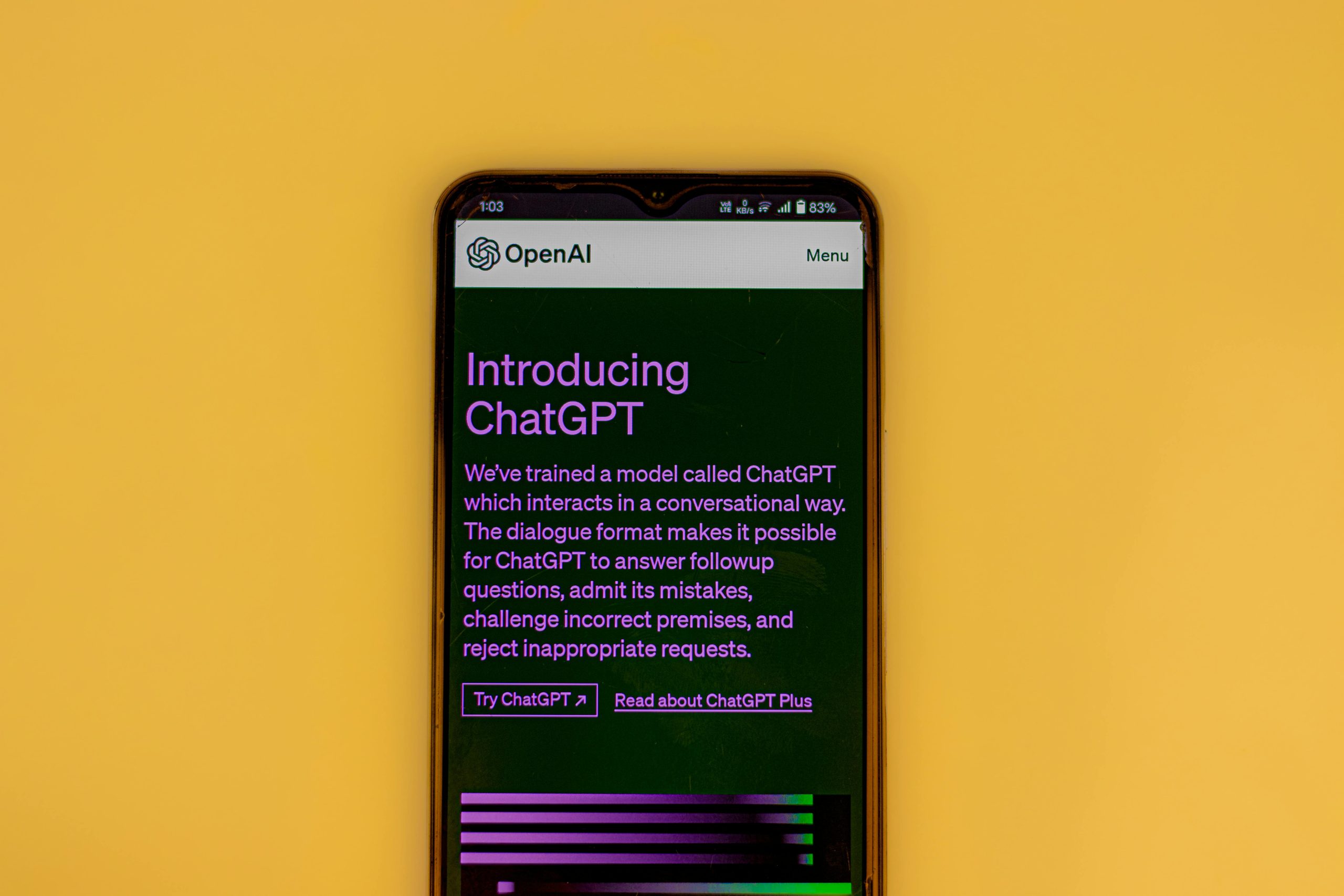AI lovers won’t change the world in the way they think
Understanding the Future Impact of AI: Beyond the Hype and Stereotypes
In discussions about artificial intelligence (AI) and its societal influence, many tend to focus on sensationalized narratives—such as AI companions catering to loneliness or serving as tools for personal gratification. While these topics generate attention, it is crucial to broaden our perspective and understand the potential real-world implications of AI advancements.
The Rise of AI Relationships: More Than Just a Fetish
A common misconception is that AI-powered partners—whether “girlfriends” or “boyfriends”—will remain fringe phenomena. However, as AI technology matures, the likelihood is that AI companionship will become as prevalent for all genders and preferences as it is currently speculated for specific niches. This shift reflects a broader societal change: authentic human connection is complex, and AI offers a new avenue for companionship that isn’t limited by traditional constraints.
Challenging Social Norms and Misconceptions
There is often a tendency to judge or stigmatize those who engage with AI companions, framing them as outsiders or individuals with peculiar needs. Yet, just as society has evolved to accept diverse relationships and expressions of intimacy, the proliferation of AI companions will likely normalize different forms of companionship.
Crucially, the growing adoption of AI friends or partners could contribute positively to societal well-being. Many individuals seek genuine love and happiness, valuing kindness, understanding, and connection. When AI is designed ethically and used responsibly, it can serve as a supportive tool—providing comfort and reducing feelings of loneliness, which can have profound mental health benefits.
Toward a More Compassionate Society
It’s tempting for some to perceive AI and its users through a lens of superiority or disdain, often projecting motives rooted in dominance or control. However, a more compelling narrative is one where technology helps foster empathy and kindness. When people are treated with genuine respect—whether by fellow humans or AI systems—they often mirror that kindness back into society, promoting a more positive social environment.
Addressing Misconceptions About AI Emotions
An underlying concern is the moral implication of interacting with AI entities that simulate emotions but do not truly feel pain or joy. Some critics find it unsettling to treat machines that can fake feelings as if they are sentient beings. Yet, understanding that AI does not possess consciousness or genuine emotion is essential. The debate should focus not on whether AI can feel but on the ethical use of such technology to enhance human well-being.














Post Comment